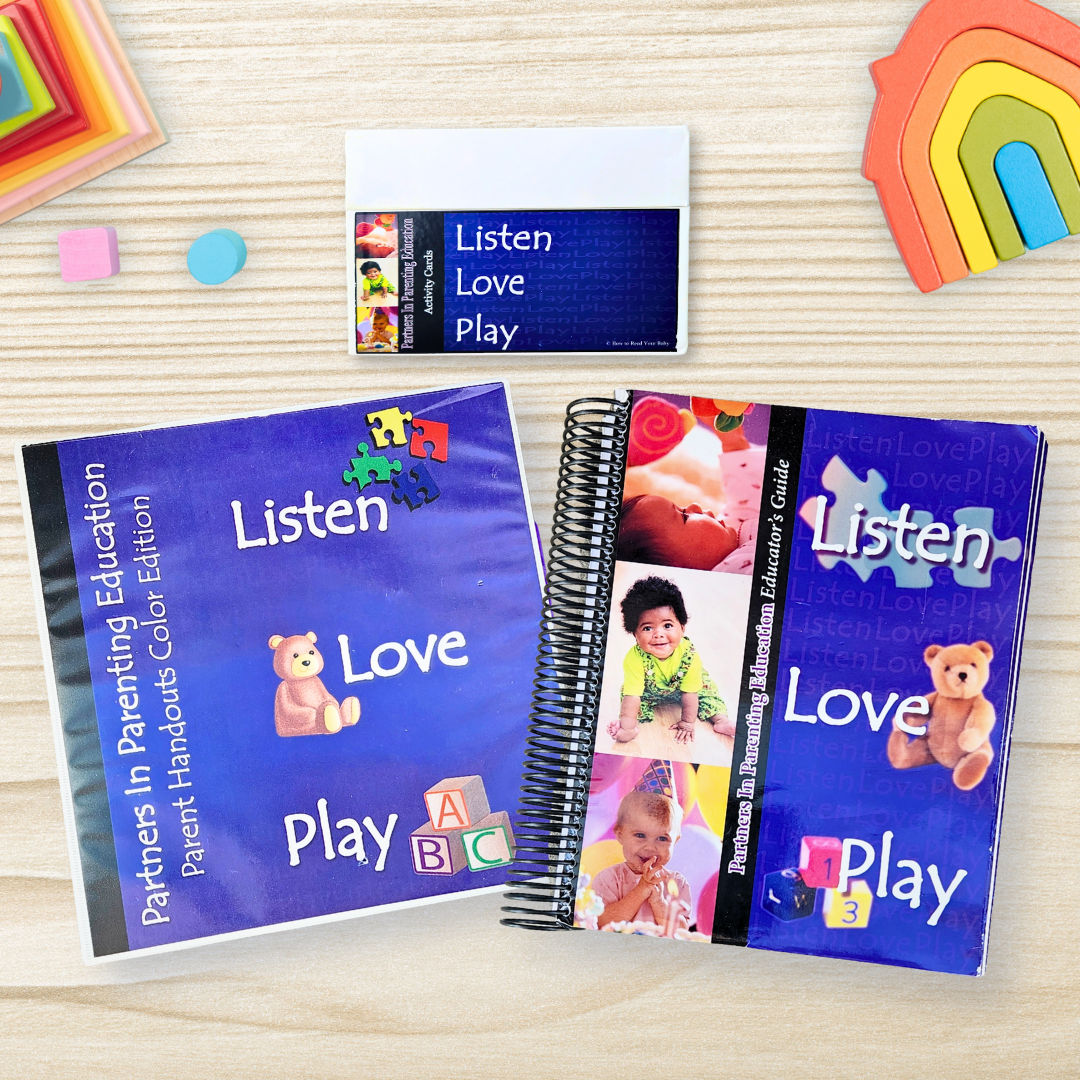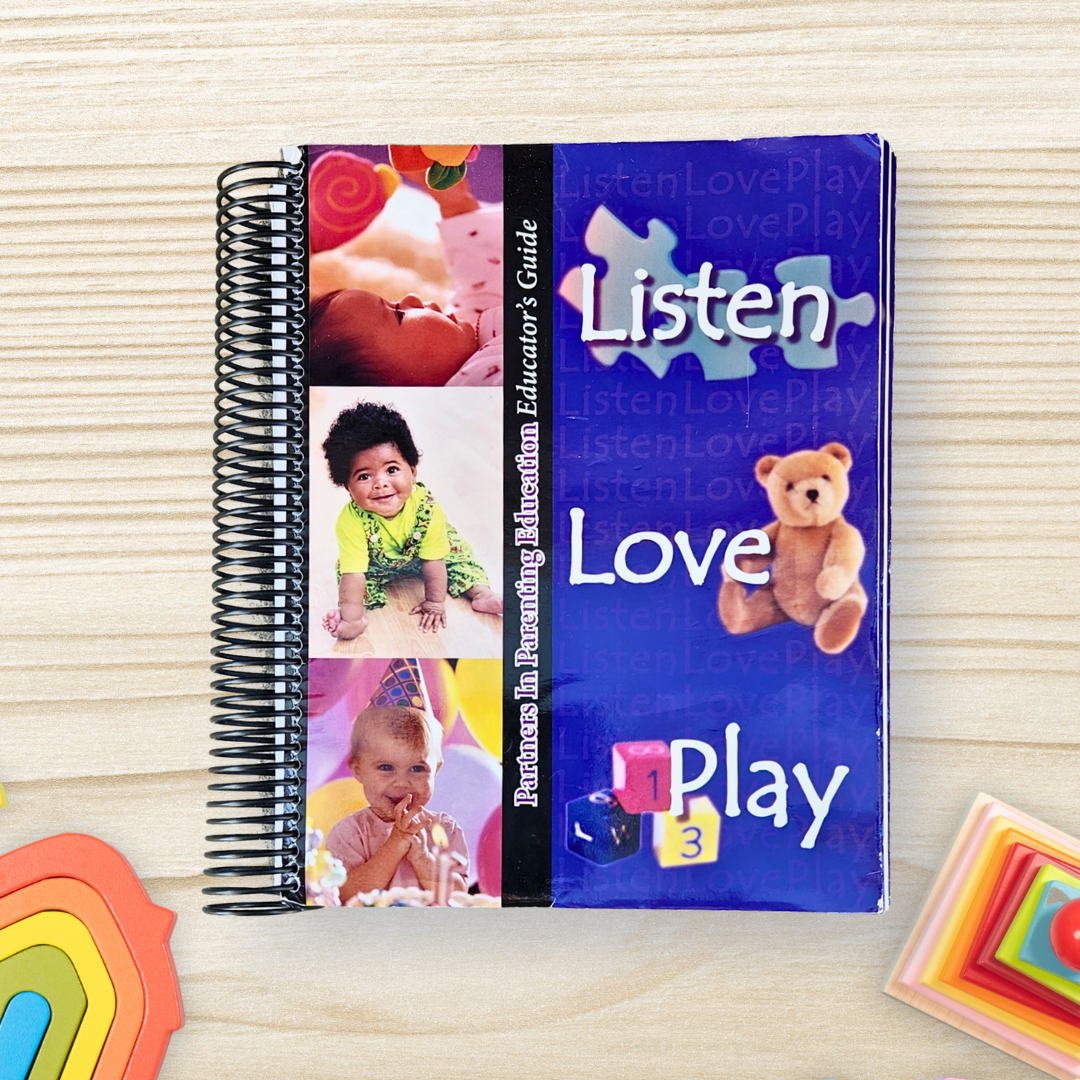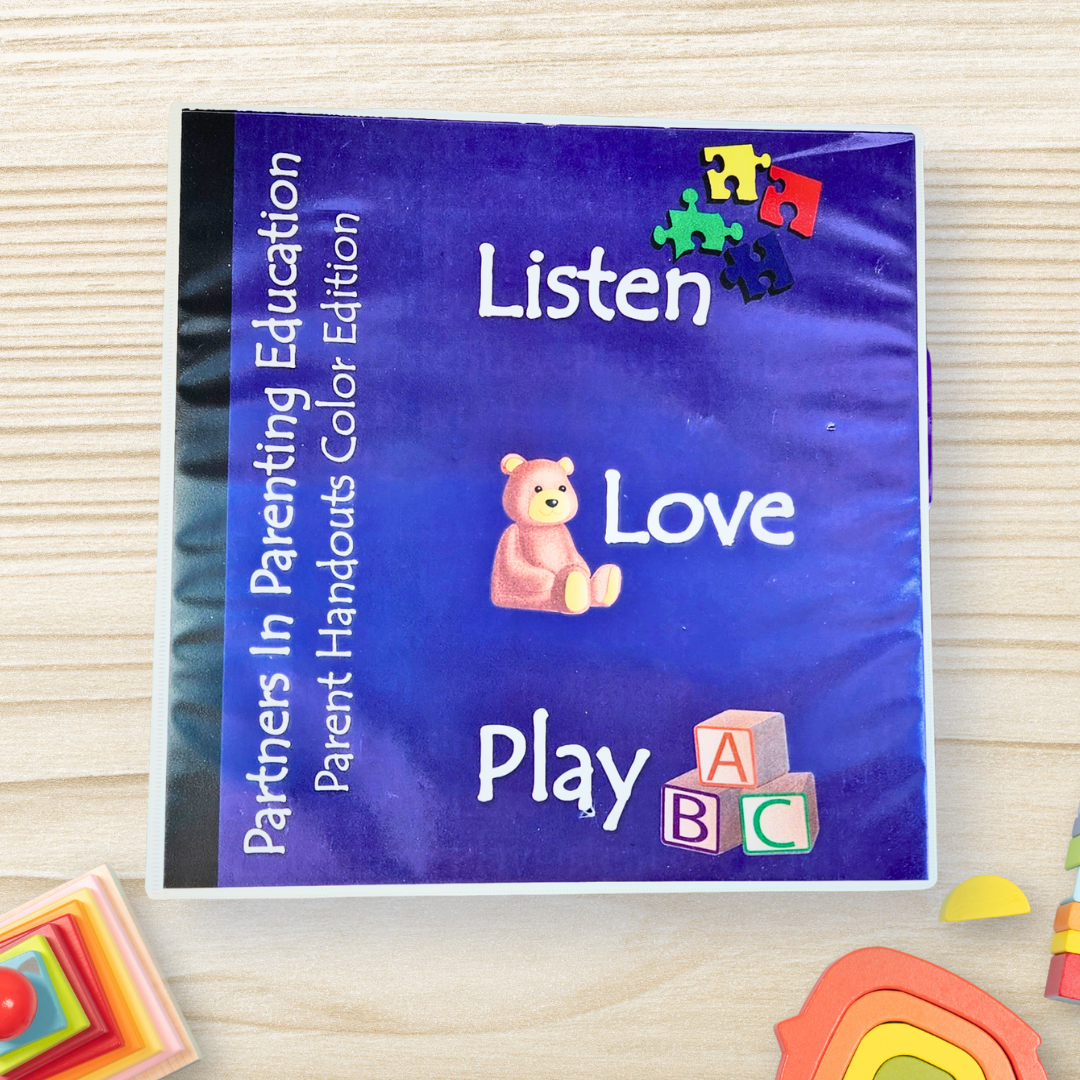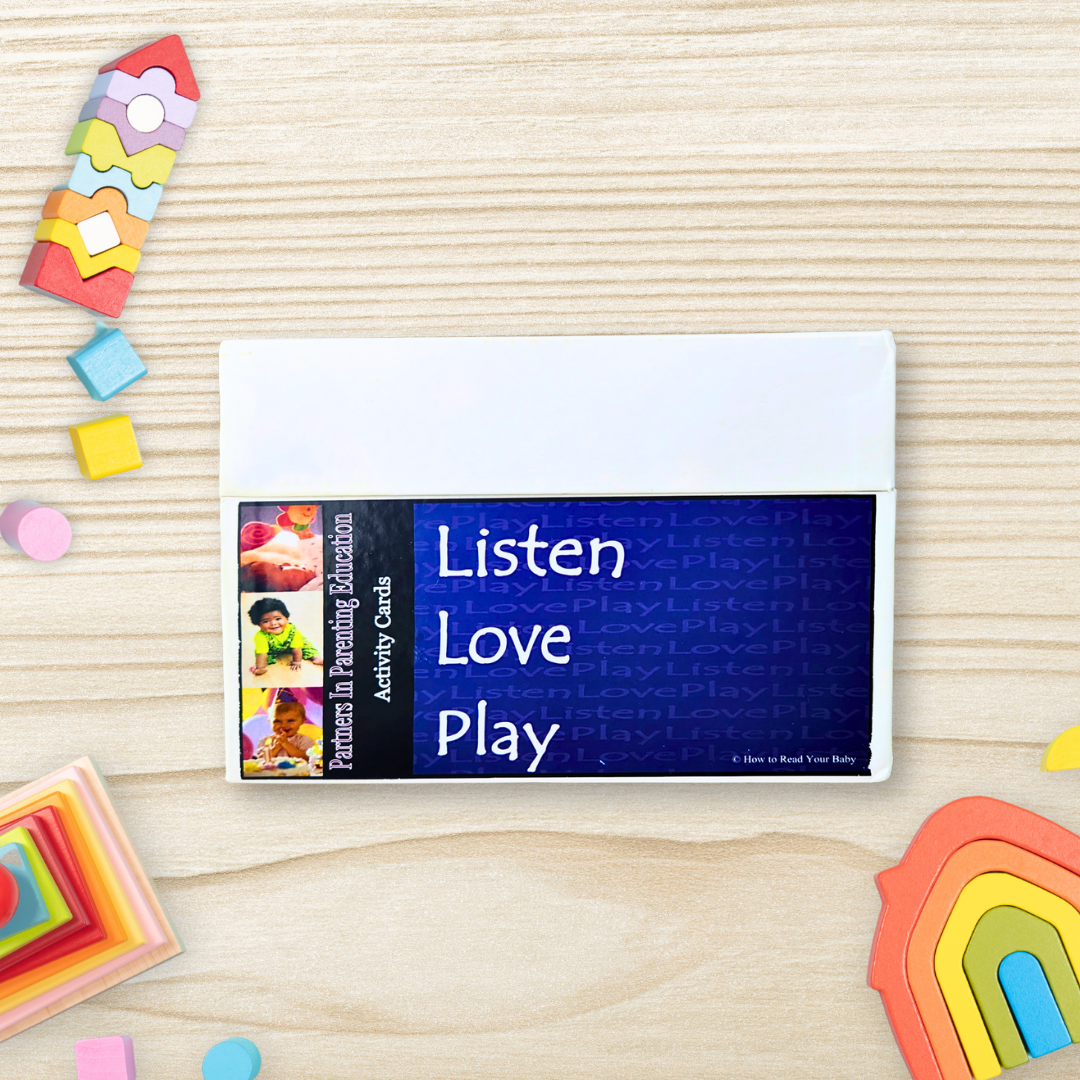Partner In Parenting Education (PIPE) Curriculum
Partner In Parenting Education (PIPE) Curriculum
Practical, Relationship-Based curriculum for Building Healthier Parent-Child Relationships.
Available in English and Spanish
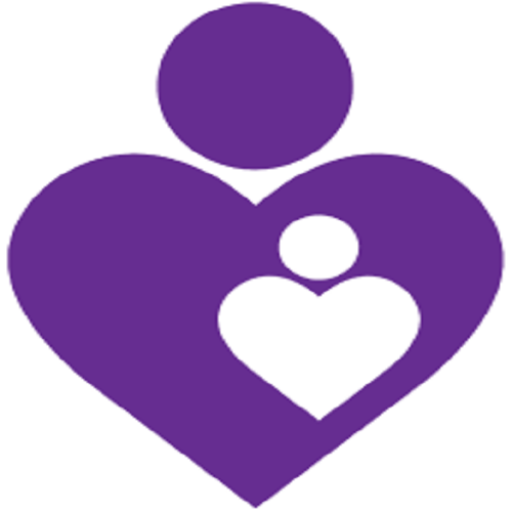
PIPE Curriculum Overview
The Partners In Parenting Education PIPE Curriculum is a relationship-based curriculum which follows a 4-step instructional model that supports parents in becoming more emotionally responsive.
Grounded in positive parenting and research-based practices, PIPE offers a framework for building secure attachments, supporting social-emotional growth, and promotes school readiness.
How PIPE Enhances Parenting Education
The curriculum is specifically designed for parenting educators who support families with young children.
With PIPE, parenting educators:
3 Units
The PIPE curriculum focuses on key areas essential for parenting educators, divided into 3 units:
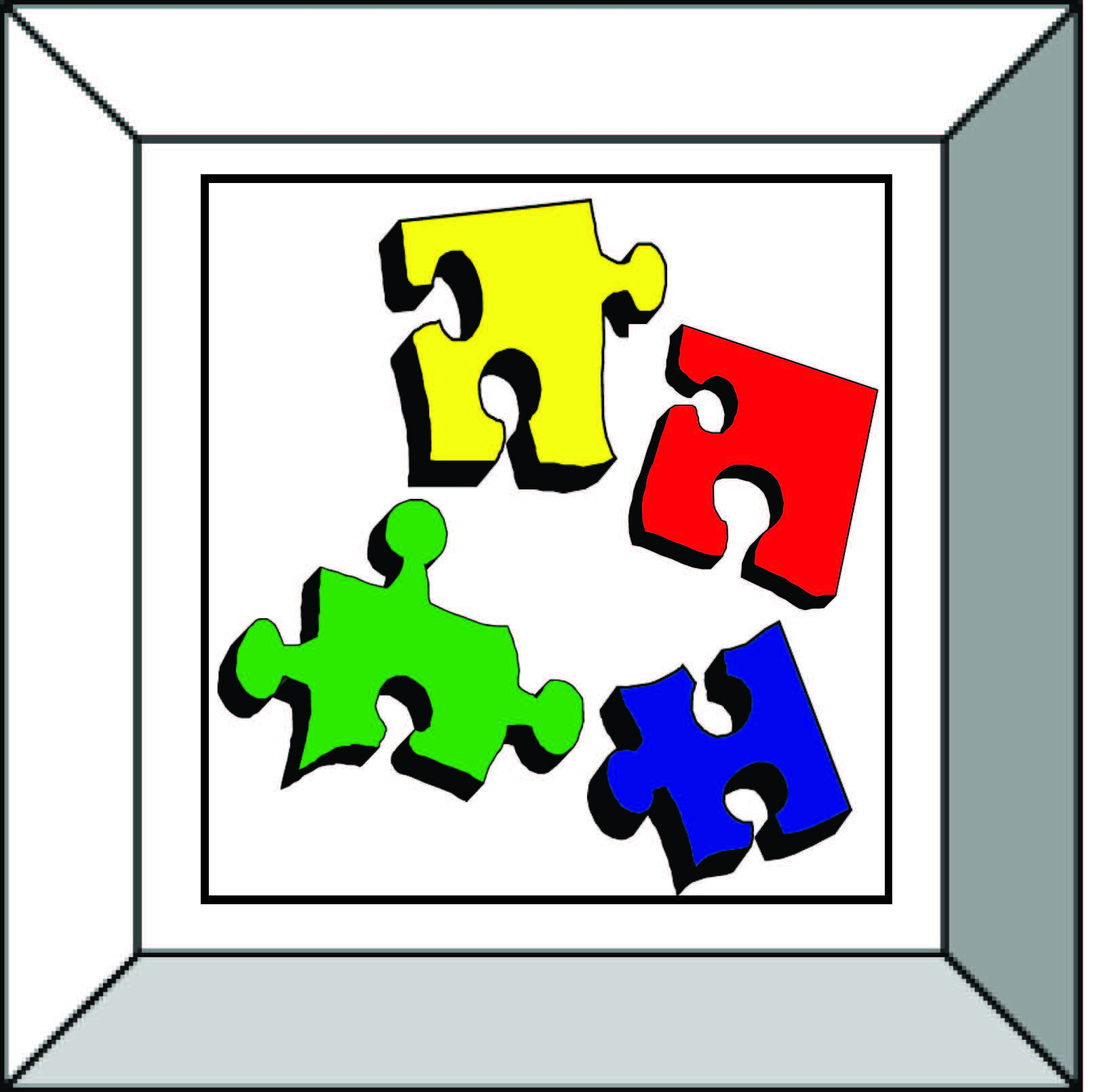
Listen, Listen, Listen
Helping parents learn the language of infancy by listening and responding appropriately to their child’s emotional cues fosters trust and emotional security. Emotional responsiveness makes parenting easier and children happier.
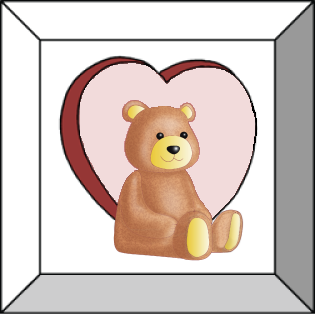
Love is Layers of Sharing
Exploring how sharing positive emotions helps parents build a strong, loving relationship by creating layers of understanding, trust, and empathy with their baby. This process strengthens the parent-child bond.
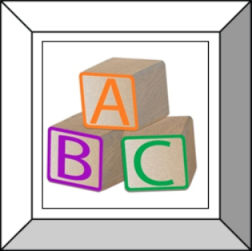
Playing is Learning
Emphasizes the importance of play, helping parents support learning through joyful experiences, reinforcing the connection between emotional stability and learning.
The PIPE Curriculum includes: Educator’s Guide, Parent Handouts and Activity Cards
PIPE offers a comprehensive set of materials designed to enhance learning and implementation.
These resources provide structured, hands-on tools to support professionals in guiding families effectively:
Parent Handouts
The Parent Handouts are designed to reinforce learning, helping caregivers apply PIPE concepts in their daily interactions with their children.
Each included notebook and CD contain information pages and printable worksheets for each topic to enhance a parent’s learning along with handouts appropriate for a variety of reading abilities and learning styles.
Activity Cards
The Parent Handout Binder and CD contain printable information pages and worksheets that enhance a parent’s learning. They meet the needs of a variety of literacy levels and learning preferences.
The activities are easy to explain, and they prompt feelings of success when completed.
The same activity card may be used with a number of different parenting concepts.
Each box includes a section of Games, Rhymes and Songs and Spanish Rhymes and Songs.

The PIPE Instructional Model – 4 Step Process
Presentation
of Concepts
Parents are provided with parenting information using a variety of learning experiences and instructional strategies.
Demonstration
of Concepts
The parenting educator models the concept shared in step 1. The demonstration is the bridge between learning and real-life.
Supervised Parent-Child
Interaction
Time set aside for the parent to practice integrating new skills with the support of the parenting educator.
Evaluation, reflection
and feedback
Time for the parent to reflect on their experience, share feedback and recognize accomplishments.
PIPE Curriculum Content
The PIPE Curriculum has 3 units and 28 topics
Our Comprehensive Online Training…
The PIPE Comprehensive E-Training is designed for parenting educators who want to expand their knowledge and increase their parenting education skills.
Our training is interactive, experiential and supports parent educators in using the PIPE curriculum with parents.

